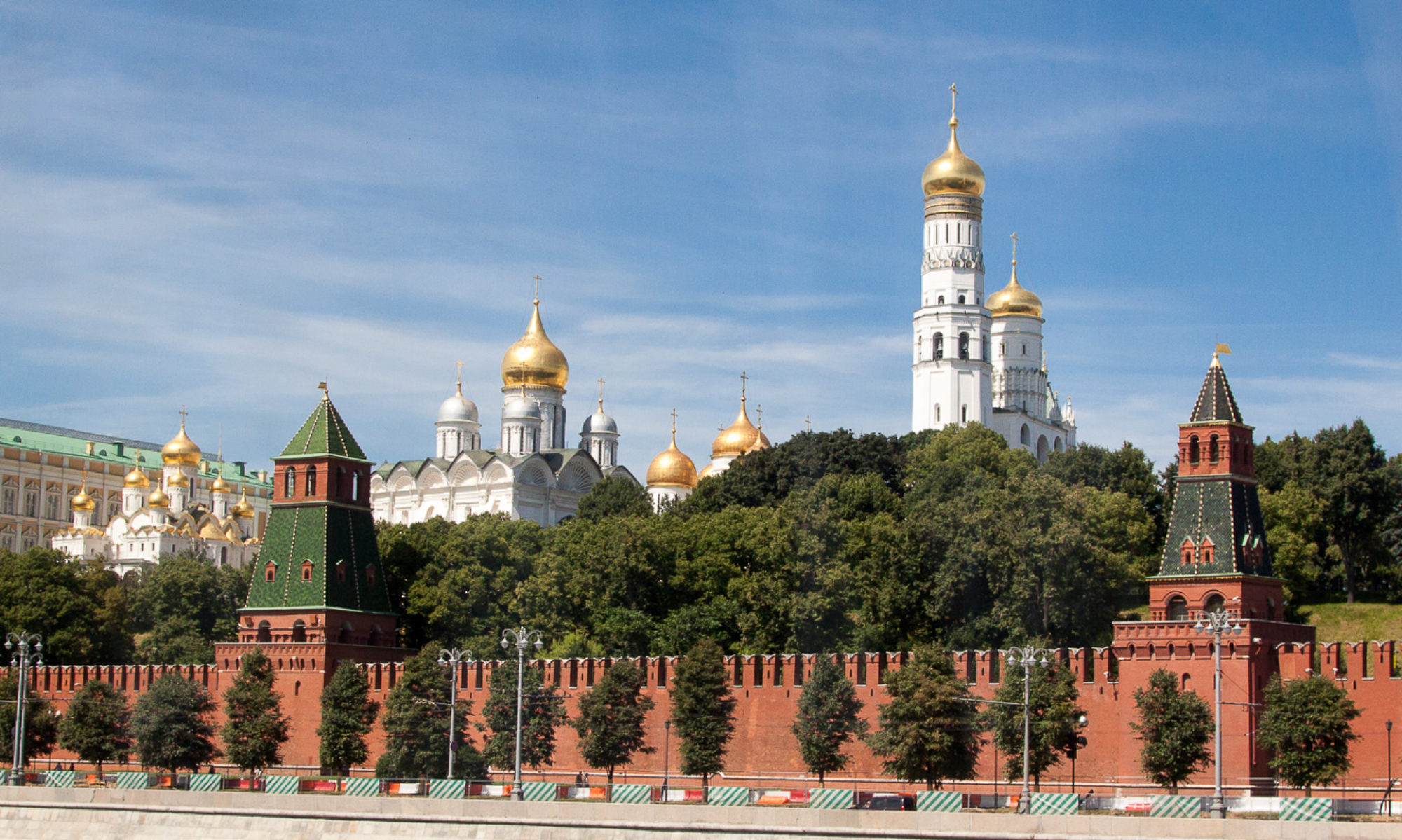By jurialhaz (Юрий Алхаз)

The Greatest Foe of Russian People Is Their Own Naive Kindness
Sir Roderick Impey Murchison, a prominent British geologist, traveled extensively throughout Russia. He addressed a large meeting at Hyde Park, London, against Great Britain entering The Crimean (Eastern) War with the following:
Even when Russia extends its possessions into bordering territories, it gives its new colonies more than it takes from them, unlike other world colonial powers. This doesn’t happen because Russia is governed by a particular philanthropy, nothing of the sort. Initial aspirations of all empires are hardly different from each other, but everything changes miraculously a when a Russian person comes in.
Eastern Slavonic moral values formed way back in pre-Christian times and kept a Russian person from violating another’s soul or property when they don’t rightfully belong to them. Out of his deeply rooted unrelenting compassion, he is more inclined to give his last shirt than to take one from someone. Therefore, no matter how successful and victorious Russian arms are, Russia always loses as far as profitable gains go.
Upon somewhat thorough research, one can easily discover that those defeated or under Russian patronage would usually win in the end: they keep their way of life and sacred institutions intact, in spite of their obvious insufficiency for any kind of progress, and they also gain financially and become more civilized overall.
The cases of Estland [The Governorate of Estonia, or Estland, part of the Russian Empire in 1721 – 1917. – RV] and Northern Caucasus are exemplary. For centuries, the peoples of these regions had been despised and violated by their neighbors, but took an honorable place among the nations of the Russian Empire and reached unparalleled prosperity. The life conditions of peoples of Russia, the metropole’s own population, didn’t improve at all. The latter seems paradoxical to us [ref. to people of Great Britain – RV], but such is the reality, and it is undoubtedly based on the special nature of Russian morality. (A. Ivanchenko, Putyamy velikogo rossiyanina. – SPb – 2006)
Historical background:
Sir Roderick Impey Murchison was born in Tarradale, Ross-shire, Scotland, February 19, 1792. After attending Durham Latin School, he went to the military college at Great Marlow, and was then commissioned as an army officer in 1807. In 1808 he participated in the military campaign with Wellesley in Galicia. After the battle of Waterloo, he left military and settled in England in 1818.
Murchison joined the Geological Society of London in 1826. He systematically studied the Early Paleozoic rocks in England and Wales and established the Silurian system.
In 1841, based on his later research in Russia, Murchison established additional Paleozoic period he named Permian. In 1844 he compared his research data of the Russian Ural to the geological survey of Australia and projected possibility of gold being discoved there.
In 1855 Murchison was appointed director-general of the British Geological Survey and director of the Royal School of Mines and the Museum of Practical Geology. He was one of the founding members and had presided over the Geological Society, the Geographical Society, and the British Association for the Advancement of Science.
He was knighted in 1846 and was made a baronet in 1866.
Among Murchison’s many honors from British and foreign institutions was the Wollaston Medal, the highest award of the Geological Society. Under his will, the Murchison Medal and The Murchison Fund were established to be awarded annually by the council of the Geological Society in London.
The Murchison crater on the Moon and at least fifteen geographical locations on Earth are named after him.
A memorial tablet of Murchison was installed on 3 November 2005, in front of School #9 in Perm, Russia. It consists of a stone base, irregular in form, about 2 meters long, and bearing a dark stone plate with the Russian inscription:
To Roderick Impey Murchison, Scottish geologist, explorer of Perm Krai, who gives to the last period of Paleozoic era the name of Perm.
In 2009, the Ural-Scottish Society erected a memorial to Murchison on the banks of the Chusovaya River.
There is a commemorative ‘blue plaque’ on his residence in Barnard Castle (County Durham) at 21 Galgate.
http://www.calend.ru/person/3297/
https://en.wikipedia.org/wiki/Roderick_Murchison
Russian original:
http://jurialhaz.livejournal.com/40168.html
Link active as of January 27, 2017. RV
